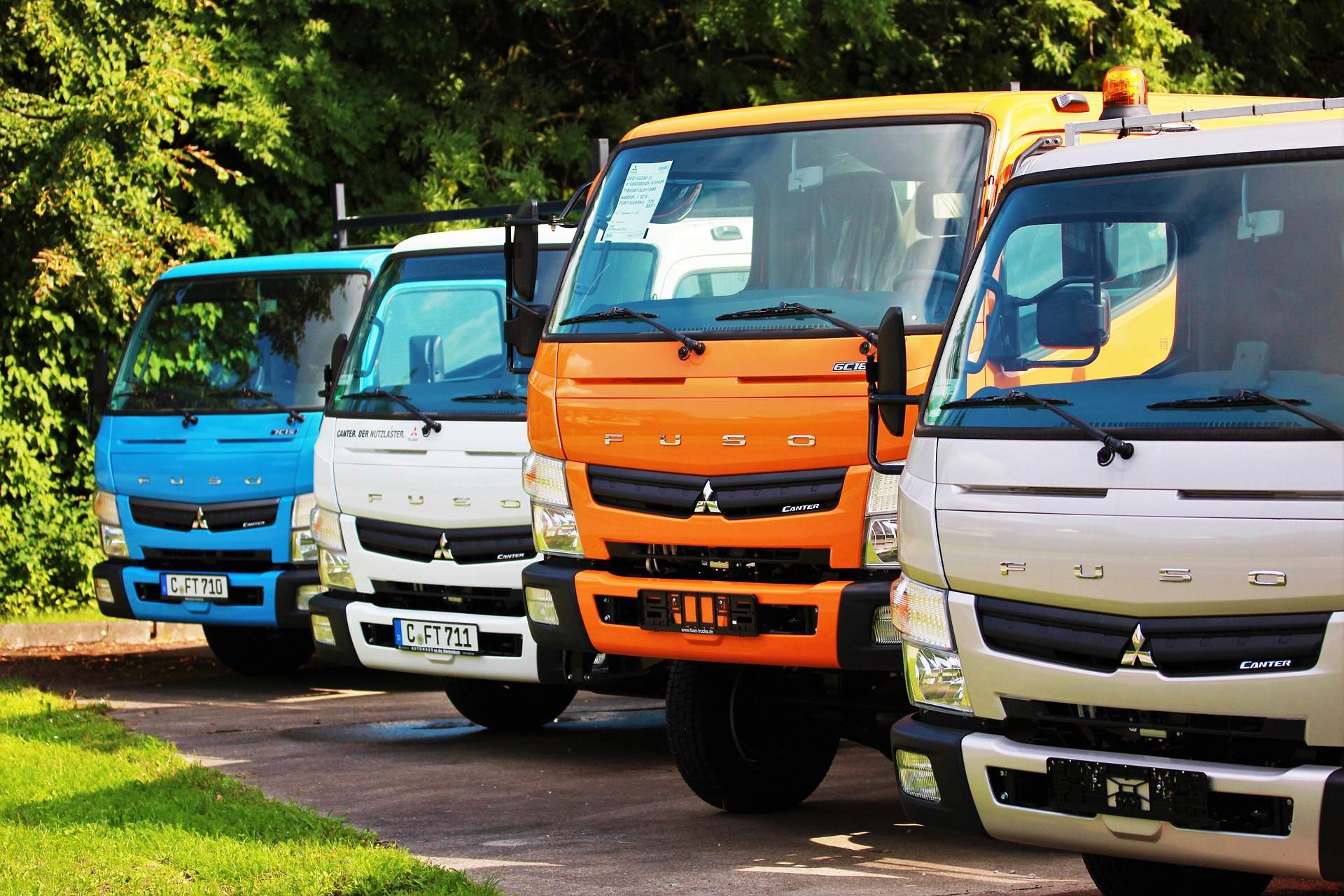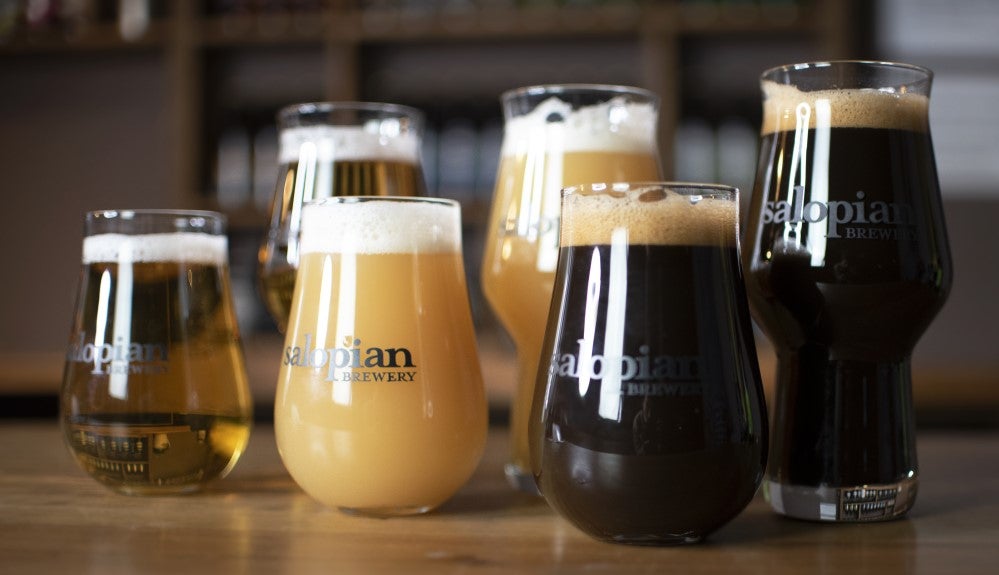
As environmental legislation tightens, truck and van manufacturers are exploring greener options. Nigel Carr, head of engineering at Ryder UK, looks at the eco-technology being trialled by the commercial vehicle sector
Commercial vehicles are undergoing an eco-revolution.
Mounting environmental concerns over the past decade have led to tougher legislation, low-emission zones (LEZs) in major cities, and the announcement this summer that the UK government will ban diesel and petrol engines outright from 2040. All this is fuelling a new wave of green technology from truck and van manufacturers.
One key focus area is urban deliveries. A more urbanised population and the trend towards online shopping has increased commercial vehicle traffic on urban roads, and cities such as London, Paris and Madrid are bringing in LEZs to combat poor air quality. For this reason, we are seeing a leap forward in electric and hybrid electric vehicles.
In the UK, Ryder will shortly take delivery of the Iveco Daily Electric van, a 100% electric vehicle with zero emissions. The batteries are sodium nickel chloride, which are maintenance-free and 100% recyclable. There is a ‘fast charge’ option that allows batteries to be recharged in as little as two hours, although domestic charging takes around 24 hours.
The Daily Electric offers three payload options, with one, two or three batteries, with more batteries meaning a lighter payload but enabling longer-range deliveries.
How well do you really know your competitors?
Access the most comprehensive Company Profiles on the market, powered by GlobalData. Save hours of research. Gain competitive edge.

Thank you!
Your download email will arrive shortly
Not ready to buy yet? Download a free sample
We are confident about the unique quality of our Company Profiles. However, we want you to make the most beneficial decision for your business, so we offer a free sample that you can download by submitting the below form
By GlobalDataThis highlights the large weight difference between alternative fuel systems and conventional engines, which puts the former at a disadvantage. Manufacturers have been lobbying for a ‘payload bonus’ that would extend the legal gross vehicle weight for standard licences from the current 3.5-tonne threshold to 4.25 tonnes for electric vans and light commercial vehicles. This could come in by the end of 2017.
For fleet operations in which vehicles cover greater distances, hybrid options are more attractive, particularly diesel-electric. These vehicles use diesel power for long-haul runs on trunk roads, then switch to electric at city outskirts to meet the LEZ requirements. DAF is the latest manufacturer to explore this technology, unveiling a concept vehicle last year.
A greener form of hybrid is hydrogen-electric. In the US, Ryder recently became distributor and maintenance provider for the Nikola One hydrogen-electric truck. Energy is supplied ‘on-the-go’ by a hydrogen fuel cell, which has a range of 1,300-1,900km. The hybrid can be refilled in 15 minutes. The Nikola One’s appeal is in reduced operating costs – the manufacturer estimates they are half that of a diesel vehicle – and zero emissions.
Gas is another alternative fuel system becoming more common, chiefly in the US and continental Europe where the refuelling infrastructure is more extensive than in the UK. That said, gas vehicles can have a big range, negating the need for regular refills. The Iveco Stralis LNG (liquified natural gas) tractor unit recently completed the 1,347km journey from John O’Groats to Land’s End on a single fill, pulling a laden tri-axle trailer.
The Stralis LNG engine delivers the same output as its diesel equivalent. It stores the gas in liquid form at -125ºC, which is fed to the engine in gaseous form, after passing through a heat exchanger. The LNG vehicle also offers reduced emissions, quieter operation, fuel costs around a third lower than diesel, and an excellent power-to-weight ratio. Ryder is currently trialling the Stralis LNG with major customers.
Beyond engines, other technologies are contributing to the greening of commercial vehicles.
Ryder has worked with partners, including Howdens Joinery and Imperial College London, to secure £2.2m of funding from Innovate UK for testing a kinetic energy recovery system (KERS) for trailers.
With KERS technology, the tractor unit communicates with the trailer to manage the power boost provided by the trailer’s electrically motorised axle. During braking, the motor becomes a generator, recovering kinetic energy that would otherwise be lost as heat, and storing it in a bank of ultra-capacitors. Given the stop-start nature of urban deliveries, this technology has significant potential.
Some innovations have an indirect impact. Many trucks Ryder supplies now include vehicle tracking, which helps with driver behaviour, routing and fuel economy. Greater use of automation, including predictive power and automatic braking, mean more efficient vehicle operation, reducing fuel consumption and wear and tear.
Overall, the commercial vehicle sector has made great progress in cutting emissions. The latest EU emissions regulations – Euro 6, introduced in 2014 – upped the game considerably, and recent tests show the technology used by Euro 6-compliant vehicles has virtually eliminated particulates.
The regulatory backdrop is only likely to get tighter, though. London is introducing an ultra-LEZ in 2019, meaning tougher financial penalties for vehicles that do not meet the Euro 6 standards, with other cities in the UK set to follow.







